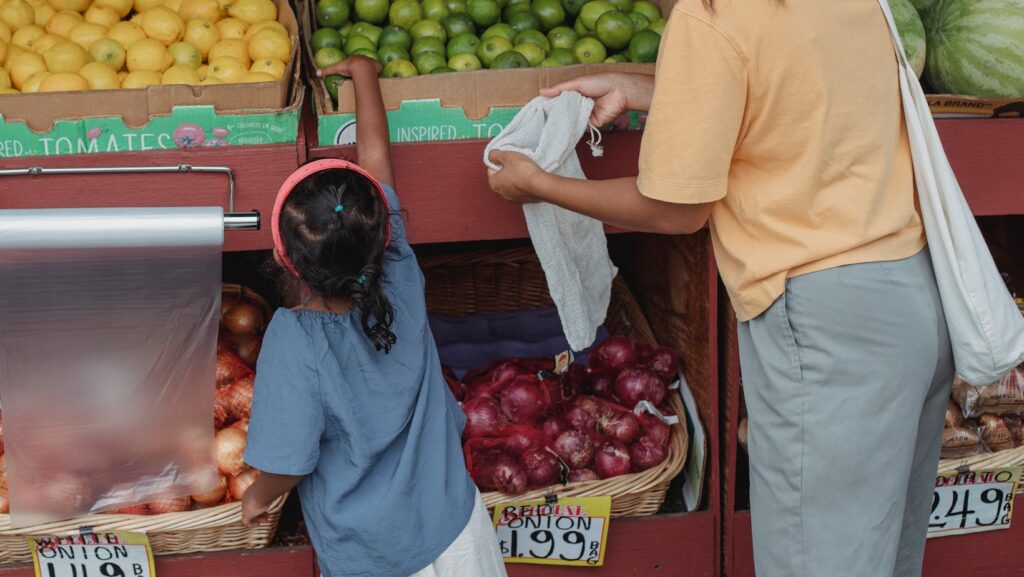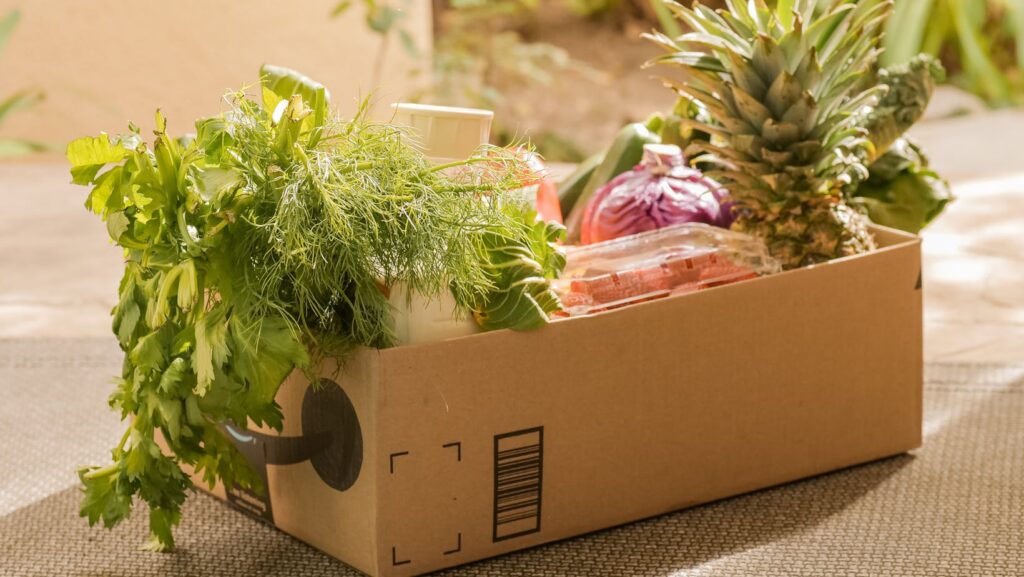The bustling world of the food industry never ceases to evolve. Each year, new trends emerge, reshaping the way we consume, prepare, and perceive food. From farm-to-table movements to AI in restaurants, the food industry is a hotbed of innovation that’s continually stirring the pot.
In this fast-paced, ever-changing industry, staying ahead of the curve is crucial. Whether you’re a foodie, a restaurateur, or a curious observer, understanding the latest food industry trends can offer a wealth of insights. Join us as we delve into the dynamic landscape of food, exploring trends that are redefining the culinary scene.

Current State of the Food Industry
Diving deeper into the heart of the food industry reveals a landscape of rapid changes influenced by several factors. Primarily driven by shifting consumer preferences and advancements in technology, the current state of the industry mirrors the societal changes in eating habits and how technology eases food production, processing, and distribution.
Consumer Preferences
Reflecting society’s evolving demands, consumer preferences shape current food industry trends. For instance, the rise in health-conscious consumers has sparked the rapid growth of organic, vegan, and gluten-free products as well as nutritional supplements. Now, many food businesses cater to these specifics, heralding a greener, healthier era of food consumption. Similarly, there’s also a sizeable demand for ‘comfort food’, connecting consumers to their culture or childhood through nostalgic tastes. After all, food isn’t just sustenance – it taps into emotions as well.
Another prevailing trend aligns with the growing ‘eat local’ phenomenon, where consumers prefer locally sourced and produced items, supporting their community and reducing carbon footprints simultaneously.
Technological Advancements
Technological advancements that have transformed the food industry can’t be overlooked. From automated farming techniques to AI-powered food processors and 3D food printers, technology has revolutionized how food is grown, processed, and prepared. For example, precision farming leverages AI and ML algorithms to predict the best planting timelines and care schedules, ensuring a higher yield and quality.
Simultaneously, Smart Kitchen technology and food delivery apps make eating a more convenient and personalized experience. Genomic sequencing in food, although in its early stages, presents tremendous potential in creating hyper-customized diets based on individuals’ genetic profiles. Virtual Reality (VR) also steps in with immersive dining experiences, offering gastronomic adventures within customers’ homes.

Food Industry Trends
Following the mentioned transformation patterns of the food industry, two paramount trends emerge, deserving of notable spotlight: the ascension of plant-based products and the implementation of sustainability practices.
Plant-Based Products
Joining the ranks in the food industry, plant-based products form an undeniable trend, reciprocating rising demand for these healthier alternatives. Spearheaded by a surge in health-conscious trends and driven by consumers embracing a vegan or vegetarian lifestyle, plant-based items carve their place in the food industry map. From the fundamental plant-based meats like Beyond Meat and Impossible Foods, to dairy alternatives including almond, oat, and soya milk, this trend is carving a persistent and expanding niche. The significance isn’t solely located in their vegan-friendly tag, but also for their potential in combating obesity, minimizing greenhouse gas emissions and reducing disenchantment over animal welfare issues.
Sustainability Practices
Equally, the commencement of sustainability practices in the food industry emerges as another pivotal trend. Consumer awareness about the environmental impact of food production continues its upward trajectory, coaxing establishments to adopt greener actions in response to public demand. Key focus areas in sustainability include reduction of food waste, utilization of renewable energy, and implementation of resilient farming practices. For instance, businesses like Toast Ale and Rubies in the Rubble employ surplus food in production lines, ultimately curtailing food waste. Simultaneously, companies such as Mars Inc and Nestle invest significantly in renewable energy, tying their business prospects to our planet’s fortune. Additionally, resilient farming enters mainstream conversations through practices like regenerative agriculture, ensuring soil health and biodiversity for future generations.
Looking ahead, the industry is set to further diversify with cultured meats, indoor vertical farming, and plant-based proteins. Imminent tech transformations like robotic chefs, drone deliveries, and IoT-enhanced kitchens are on the horizon. However, the food industry must navigate regulatory hurdles, food safety issues, and potential privacy concerns in smart kitchens. The journey ahead is exciting, filled with opportunities and challenges, shaping a future where food meets tech in unprecedented ways.
